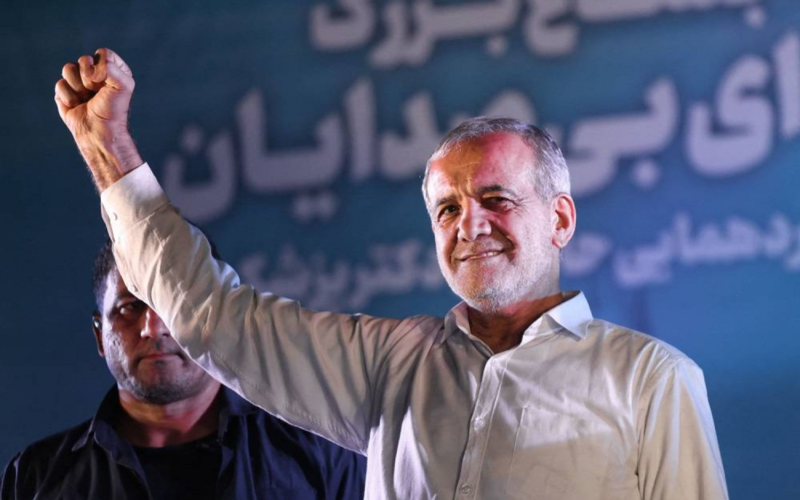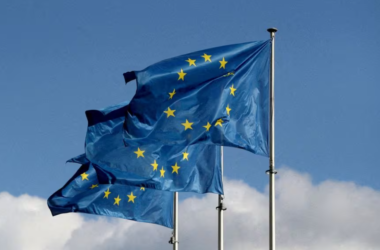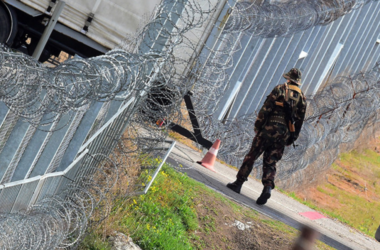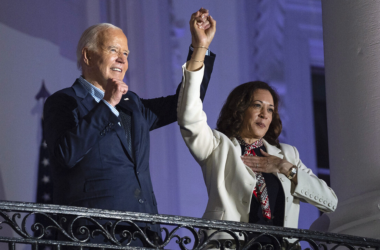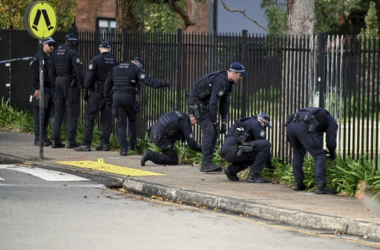Masoud Pezeshkian, a cardiac surgeon and relative moderate within Iran’s political establishment, has triumphed in the presidential runoff election, defeating the ultraconservative former nuclear negotiator Saeed Jalili. Pezeshkian, 69, garnered 16.3 million votes compared to Jalili’s 13.5 million, marking a significant win for the reformist camp and a setback for conservatives.
With around 30.5 million ballots cast, voter turnout reached approximately 50 percent, an increase from the record low seen in the first round. The initial round saw many Iranians boycotting in protest, but fears of a hard-line administration enforcing stricter social rules and defying international sanctions drove higher participation in the runoff.
Pezeshkian’s campaign focused on moderate domestic policies and improved relations with the West. He emphasized that economic recovery was closely tied to resolving foreign policy issues, specifically the nuclear standoff, and expressed willingness to negotiate to lift sanctions. He has opposed the mandatory hijab law but is expected to maintain Iran’s firm stance toward Israel, a policy dictated at the highest government levels.
Despite Iran’s supreme leader, Ayatollah Ali Khamenei, holding ultimate authority, analysts believe the new president will influence domestic policy and shape foreign relations.
Pezeshkian’s supporters celebrated his victory across various cities, including his hometown Tabriz. Social media saw an outpouring of congratulations, with many hailing the voter turnout as a triumph for Iran. Even conservative backers of Jalili acknowledged the turnout as a win for the Islamic Republic and called for unity to address the nation’s challenges.
The election was called following the death of President Ebrahim Raisi in a helicopter crash in May, and Pezeshkian’s term will last four years. The final two candidates presented contrasting visions for Iran, with potential implications for both domestic and regional politics.
Pezeshkian’s campaign saw significant support from younger voters and key political figures, including former foreign minister Mohammad Javad Zarif. The message of preventing a hard-line presidency resonated with many, prompting increased voter engagement.
His extensive political career includes serving 16 years in Parliament and four years as health minister. Personal experiences, such as raising his children alone after his wife’s death and his identity as an Azeri minority, have further endeared him to voters. Even some conservatives favored Pezeshkian over Jalili, citing the need for a unifying figure.
Jalili’s platform centered on safeguarding revolutionary ideals and resisting external pressures. He accepted his defeat gracefully, offering to help the new administration address the country’s issues. Prominent figures warned that Jalili’s presidency could have escalated tensions with the United States and Israel.
The reformist win is seen as a revitalization of their movement, which had faced setbacks in recent elections. Despite ongoing calls for the end of clerical rule and significant public discontent, Pezeshkian’s election offers hope for incremental changes and potential improvements in Iran’s political landscape.




